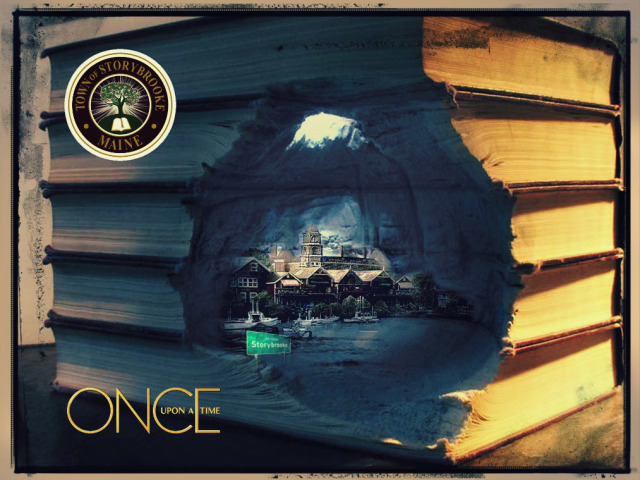

The world after how to#
Over time, the FBI and its partners better understood al-Qaida, its hierarchical structure, and how to unravel the various threads of a plot. More plots were foiled in the ensuing years, including one targeting the Brooklyn Bridge.

In the U.S., al-Qaida operative Richard Reid was arrested in December 2001 after trying to blow up a trans-Atlantic flight with a bomb hidden in his shoe. Overseas, its operatives carried out horrific bombings in Bali, Madrid, London and elsewhere. It had to happen "yesterday" because al-Qaida was still plotting. "It couldn't happen at a normal pace of a traditional cultural change. "Mueller, God bless him, couldn't be all that patient about it," Rosenberg said. Mueller, then-director of the Federal Bureau of Investigation, talks to reporters on Aug. The Bush administration also empowered the FBI and its partners at the CIA, National Security Agency and the Pentagon to take the fight to al-Qaida. The government built out a massive infrastructure, including creating the Department of Homeland Security, all in the name of protecting against terrorist attacks. from another terrorist attack, even as the nature of that threat continuously evolved. "We had a very long list of things, systems, that were vulnerable because no one in the United States had seriously considered security from terrorist attacks," he said.Īnd over the next two decades, the federal government poured money and resources - some of it, critics say, to no good use - into protecting the U.S. We had a very long list of things, systems, that were vulnerable because no one in the United States had seriously considered security from terrorist attacks.Īt the time, officials were worried that al-Qaida could use chemical weapons or radioactive materials, Clarke said, or that the group would target intercity trains or subway systems. to carry out al-Qaida's "planes operation." And ultimately, they were sent to the U.S. They received money and instructions from its leadership. The hijackers had trained at the group's camps in Afghanistan. It quickly became clear that al-Qaida was responsible. And he became a core member of the FBI team leading the investigation into the 9/11 attacks. He'd spent the previous three years investigating al-Qaida's bombings of U.S. "And I was like, what the heck was that? And later that day, I was transferred back to counterterrorism." "I was literally cleaning the desk, I was like wiping the desk when Flight 11 hit the north tower, and it shook our building," he said. He had just transferred to a criminal squad after working counterterrorism cases for years. In the fall of 2001, Aaron Zebley was a 31-year-old FBI agent in New York. 11, 2001, after the terrorist attacks on the World Trade Center in New York City.

An American flag at ground zero on the evening of Sept.


 0 kommentar(er)
0 kommentar(er)
